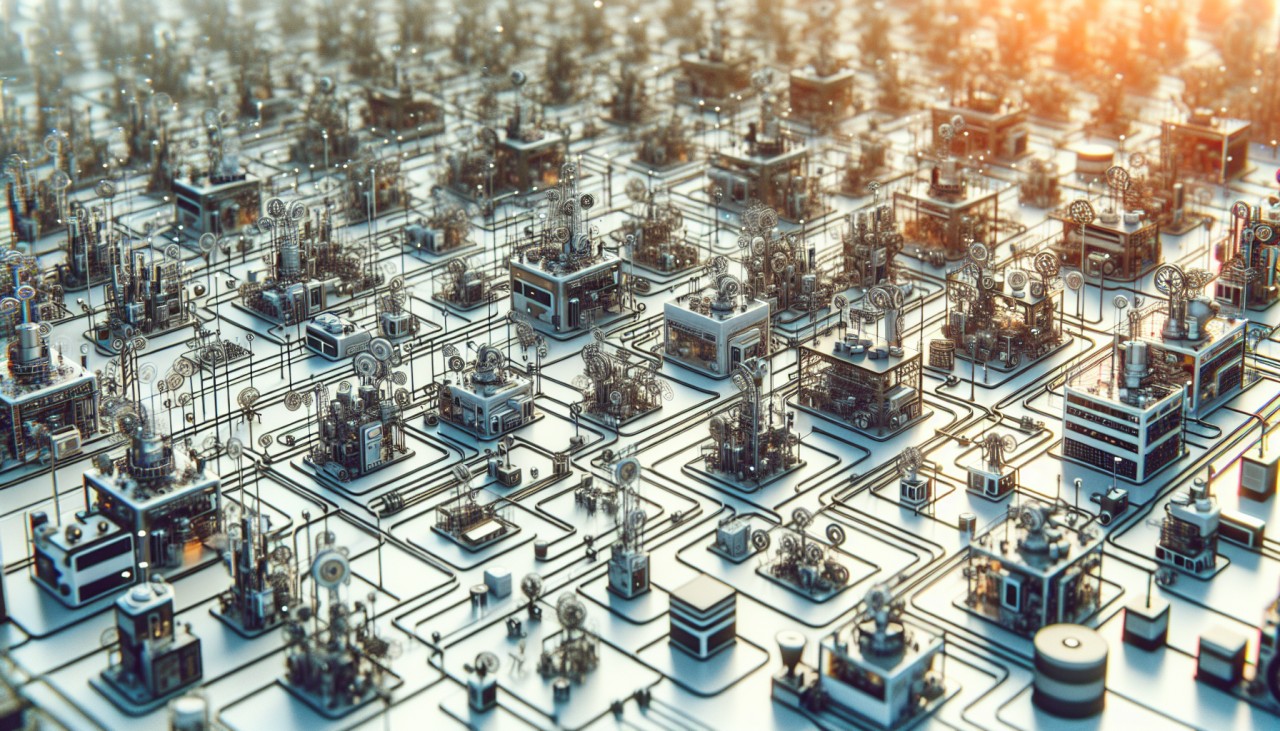Decentralized manufacturing is revolutionizing the production landscape by shifting from centralized factories to localized, agile production units. This transformation is driven by advancements in technologies such as blockchain and 3D printing, which enable manufacturers to produce goods closer to the end consumer. By establishing micro-factories near demand centers, companies can significantly reduce transportation costs and lead times, leading to faster response to market changes and improved customer satisfaction. For instance, a global apparel retailer has adopted a micro-factory approach to produce limited-run, custom clothing lines closer to key markets, achieving real-time design iterations and immediate feedback loops with regional distribution hubs. acldigital.com
The integration of blockchain technology further enhances decentralized manufacturing by providing a secure and transparent way to track and manage the entire supply chain process. Blockchain's decentralized nature ensures that every transaction, from raw material sourcing to distribution, is recorded on an immutable ledger, increasing trust among stakeholders and reducing the risk of fraud. Additionally, blockchain facilitates the use of smart contracts, which automate processes such as payments and inventory management, reducing the need for intermediaries and streamlining operations. This combination of decentralized production and blockchain technology not only improves efficiency but also contributes to sustainability by minimizing waste and optimizing resource usage. copperdigital.com
Key Takeaways
- Decentralized manufacturing reduces transportation costs and lead times.
- Blockchain technology enhances supply chain transparency and security.
- Micro-factories enable rapid response to local market demands.
- Smart contracts automate processes, reducing the need for intermediaries.
- Decentralized production contributes to sustainability by minimizing waste.
